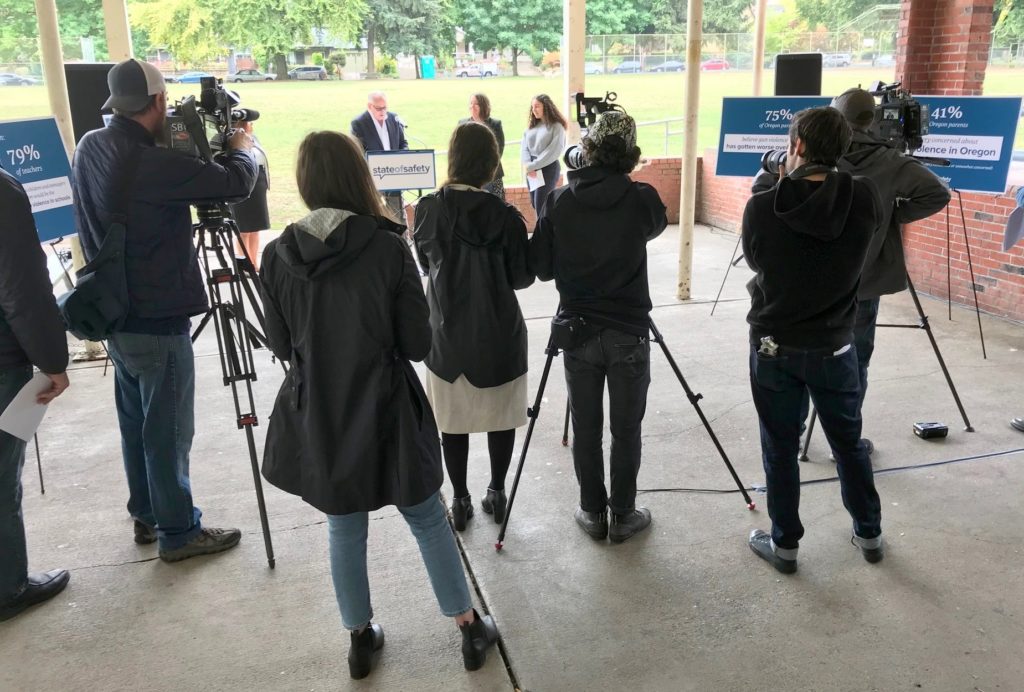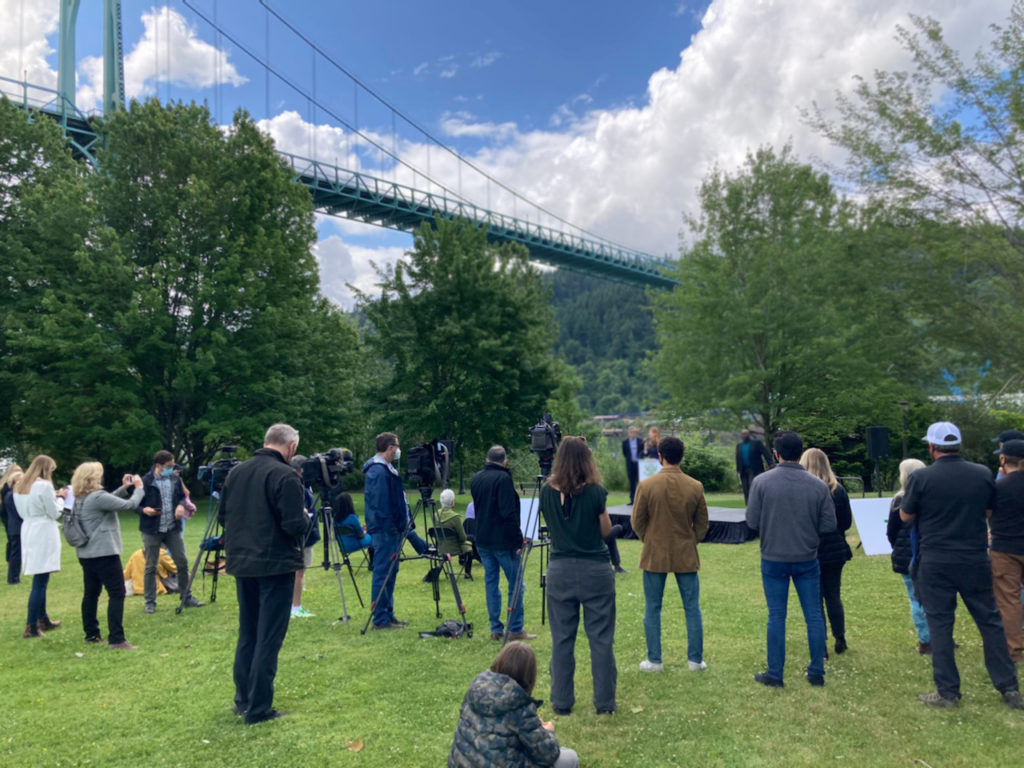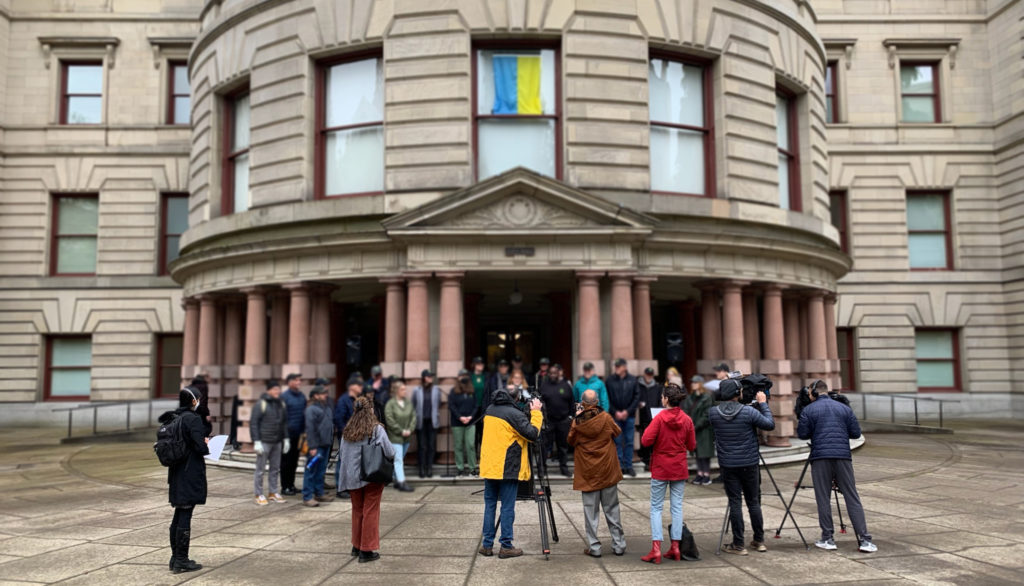 Have you ever wanted to use the phrases, “off the record” or “no comment” when speaking to a reporter? While it’s fun to watch the intrigue and drama of secret sources giving vital information to a news anchor in a movie, unless you really know what you’re doing, neither of these phrases is a good idea in the real world. Media training is a helpful tool to prepare for interviews with reporters.
Have you ever wanted to use the phrases, “off the record” or “no comment” when speaking to a reporter? While it’s fun to watch the intrigue and drama of secret sources giving vital information to a news anchor in a movie, unless you really know what you’re doing, neither of these phrases is a good idea in the real world. Media training is a helpful tool to prepare for interviews with reporters.
Here are a few reasons why you might want to consider it for yourself or your organization.
- Navigate these challenging times. With polarization in the country and sensationalism in the news media, many CK clients are seeking help to both react to and prepare for media queries. We have seen a tremendous uptick in interest from individuals and entire groups of people in an organization who want to feel more comfortable when talking to reporters.
- Get ahead of a news event or crisis. Training your leaders and staff to feel comfortable in an interview will make them that much more prepared when a reporter calls or a tough situation comes your way.
- Prep for other kinds of public speaking. This kind of training is also useful to prepare leaders and staff for making speeches or addressing community members in public settings, such as legislative hearings, city council and county meetings, and community and neighborhood forums.
We suggest identifying spokespeople and doing media training regularly and proactively. To prepare for an interview, we simulate a real-life news setting by practicing with our own skilled staff who play reporters and videographers to give spokespeople likely scenarios and tailored questions for each individual. We play back the video and critique these sessions as a group.

Who needs media training?
We have helped people with a wide range of experience with media training over the years. Here are a few snapshots of the types of people we’ve trained:
- CEOs and Executive Directors who are poised and eloquent public speakers in-person, but who get nervous on camera
- Mid-level staff who have been identified to be elevated within the organization
- Program managers or technical staff who are experts in their field and have the potential to be good representatives with some refinement

Coates Kokes media training covers:
- The new media landscape
- Influence of digital and social media
- What to do when the media calls
- Preparing for an interview
- Do’s and Don’ts for interviews
- Handling difficult questions
- How to get the most out of practicing
Two helpful tips: And just to circle back to those phrases you might not want to use, remember, always put “no comment” into context. Instead, try something that explains why you can’t give out information: “Oh, you can appreciate we can’t comment on that because it’s an active lawsuit.” And “off the record” should never be used for sharing information with a reporter unless you have a trusted relationship with that person.